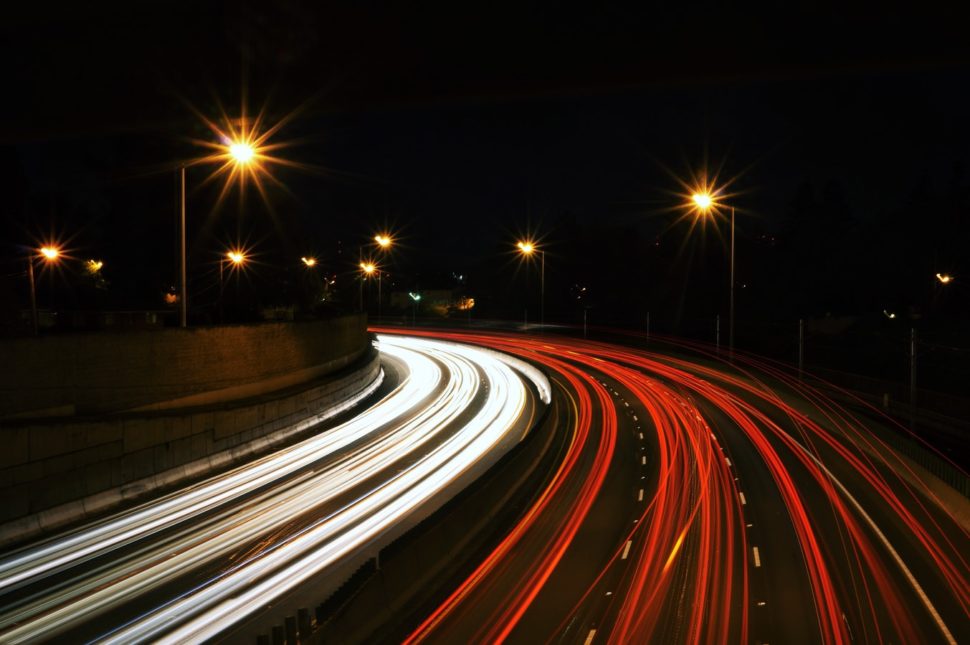
Night Time Driving – Darkness and Dazzle
We’re well past the middle of winter but still have many months to go before we’ll stop having to drive to work and back in the darkness. Whether you’re driving a hire car or your own, night time driving comes with its drawbacks, so what should you be aware of when driving in the dark?
How does Driving in the Dark affect you?
Our eyes aren’t evolved for seeing well in the dark, headlights and streetlight allow us to see well enough, but even so, we don’t see as well as we would in sunlight. Because headlights and road lighting are directional, we can see well enough where we’re going, but to the side and behind us isn’t so well illuminated. Our ability to see colour and judge distance is reduced at night also.
Evolution plays a part in our alertness as well. While humans don’t hibernate, the primordial parts of our brain remembers a time when we used to. During winter months and the hours of darkness, we’re likely to feel more tired than at other times of year and as such could be less alert when driving in the dark. Additionally, driving in the dark makes you feel tired faster as it puts additional strain on your eyes.
If we’re driving with out headlights on, then others are too. Dazzle from oncoming headlights can be dangerous as it takes a fraction of a second for our eyes to readjust to darkness again, leaving us effectively unable to see clearly, even if only for a moment. More modern cars, equipped with halogen or LED lights are far brighter than old bulbs and can be worse if encountered on an unlit road.
Age plays a part in affecting your driving in the dark as old eyes are more susceptible to dazzle from oncoming traffic.
What can you do to make driving in the dark easier?
While we wait for lighter mornings and evenings, there are a few things we can do to try to limit the effect driving in the dark has on us.
- Make sure you get a good nights sleep – driving tired with only make you more tired.
- Look around more – moving your eyes around will make them less tired than focusing just in one place
- Thoroughly clean your windows and mirrors – a dirty windscreen might become opaque in the glare of oncoming lights
- Remember to dip you high beams for oncoming vehicles
- Dim or turn off any lights inside your car which distract you
- Take more regular breaks on long drives.
While we’re all accustomed to driving at night, we hope these tips will help make your driving experience just that little bit more pleasant as we wait for the longer days and shorter nights of summer.
